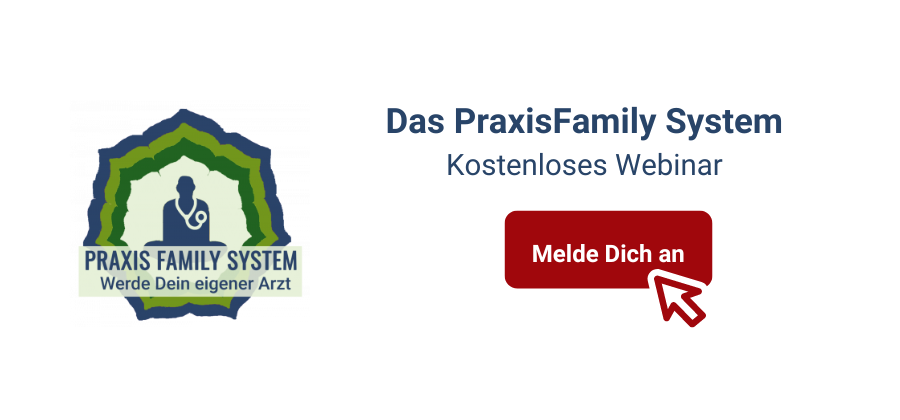Over intermittent chamfering, also as interval chamfering or 16:8 designated, is already reported for some years. Intermittent chamfered is a clearly healthier and easier alternative to extensive chamfering cures, which can be possibly even harmful for the health. How intermittent fasting works and what advantages it brings, you will learn in this article.
Intermittent fasting – what does that actually mean?
In principle applies: Who fasts gladly over a longer period and feels thereby at any time good and healthy, should do this naturally. But most humans do not fast gladly, since they must function in the everyday life and them during a chamfering time any energy is missing. For exactly these humans intermittent chamfered is an ideal possibility to profit without renouncement from the advantages of chamfered.
With intermittent chamfering food is taken up in the available 24 hours of a day only in a time window of 8 hours. The remaining 16 hours are used for fasting. The times can of course vary slightly and need not be taken too precisely. In order to keep the time windows, you can choose to do without either breakfast or dinner.
First you have to find out to which type you belong. Are you a breakfast type? Then you skip breakfast. However, if you are a dinner type, you will skip dinner. Have you, for example, always been reluctant to have breakfast? Then just leave this one out. However, if you prefer not to eat in the evening, we recommend that you stop eating in the afternoon around 3 pm and start again around 7 am. Of course, the rhythm strongly depends on your everyday life and can be individually adjusted by you.
The effects on health
You are probably asking yourself what added value fasting brings you. Quite simply said: Chamfered extends the life. It ensures that the aging process slows down, the cells can regenerate better and communicate better with each other. In addition, certain neuropeptides are increasingly released, which reduce the risk and development of cancer. If you take away the calories from the cells for a longer period of time, they usually die. However, if the diseased cells are permanently supplied with calories and glucose through constant food intake, they can continue to survive. It also reduces the insulin rose factor, which is also responsible for the development of cancer. Insulin is lowered during the time you are not eating. This also has a positive effect on the aging process. By reducing the calorie intake, you can control chronic inflammation relatively easily. Through intermittent fasting the mitochondria, which are small energy power plants in our cells, are increased. This gives you more energy and performance. Your body can also make better use of the available energy. Over time, the insulin receptors react much more finely, so that adult-onset diabetes no longer plays a role in regular fasting.
Another positive effect of interval fasting is weight loss. By fasting the body falls back on excess body fat. In particular, the visceral fat located between the organs is burned. After a few hours after the last meal, the body needs glucose to run its metabolism. If this is not supplied as usual via food, the body gets the energy from the fat cells. This works best if the accustomed daily routine is maintained during the fasting period. With intermittent fasting it is possible to reduce your weight without changing your diet. You just have to stick to the times. Of course, a healthy, balanced diet contributes to an even better feeling of well-being and results. We recommend a vegan and preferably gluten-, but at least wheat-free diet.
Drinks during the fasting phase
Regular and sufficient drinking is very important especially in the fasting phase. While you should abstain from any solid food during the fasting phase to allow your digestive system to rest, cleanse and regenerate, you have several options for getting enough fluids.
The following drinks are possible:
– Water
– Water with lemon (additionally supports fat burning)
– Herbal Tea
– Fruit Tea
– Spice tea with good spices like ginger, cinnamon, pepper or cardamom
– Coffee
– green tea
As far as caffeinated drinks are concerned, you should take care not to consume them before bedtime.
Fruit juices and smoothies are not allowed, as these would interrupt the fasting phase and thus the positive effects. For this very reason, it is especially important during the 8-hour phase that you take in enough nutrients. Healthy fatty acids and carbohydrates are also important. The more nutrients you take in, the easier the fasting phase is for you, as the body develops less hunger.
As you can see, intermittent fasting is an easy way to integrate into everyday life and to support your health in a sustainable way. If you should take a day off during your fasting period, this is also no problem.
Have fun while fasting!
?????? STUDIES | LITERATURE | SOURCES ??????
? Auswirkungen des intermittierenden Fastens auf Gesundheit, Alterung und Krankheit. de Cabo R, Mattonson MP. New England Journal of Medicine, December 2019.
?Effect of Alternate-Day Fasting on Weight Loss, Weight Maintenance, and Cardioprotection Among Metabolically Healthy Obese Adults: A Randomized Clinical Trial. JAMA Internal Medicine, May 2017.
?Alternate-day fasting in nonobese subjects: effects on body weight, body composition, and energy metabolism. American Journal of Clinical Nutrition, January 2005.
?The Obesity Code, by Jason Fung, MD (Greystone Books, 2016).
?Intermittent fasting interventions for treatment of overweight and obesity in adults: a systematic review and meta-analysis. JBI Database of Systematic Reviews and Implementation Reports, February 2018.
?Metabolic Effects of Intermittent Fasting. Annual Review of Nutrition, August 2017.
?Early Time-Restricted Feeding Improves Insulin Sensitivity, Blood Pressure, and Oxidative Stress
?Even without Weight Loss in Men with Prediabetes. Cell Metabolism, May 2018.

